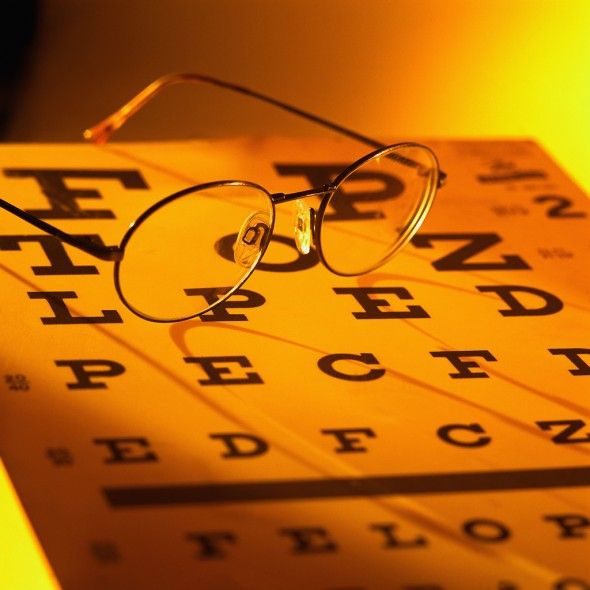DMV Eye Exams: Now You See ’Em, Now You Don’t; Now You Do

After a chorus of disapproval over safety concerns, New York swiftly reinstated vision tests for more than two million drivers who renew licenses each year; at least until a medical advisory board determines the best way to check drivers’ eyesight, according to New York State Department of Motor Vehicles Commissioner Barbara Fiala.
That announcement came less than 48 hours after a statement about a plan to end the tests would have taken effect on October 5, and given individuals the benefit of the doubt when it comes to their vision.
Under that set up, drivers applying for renewal would essentially be permitted to self-certify that their eyes were fine. Regardless of whether or not the exam is abolished, those applying for the first time or for a commercial license must still get their eyes tested.
The DMV initially defended its proposal citing Governor Andrew Cuomo’s call for shaking up state government waste. But I doubt the reforms include jeopardizing public safety.
To think that this almost happened seems strange after state legislators toughened seat belt laws and enacted regulations in recent years that curb distracted driving. Safety was a paramount concern when those rules were passed, so why take a step back to eliminate something that, in some cases, might put pedestrians or other drivers at risk? Besides, the eye test at a DMV or doctor’s office only takes a few minutes.
In any case, I’ve don’t think there’s any data that demonstrates one’s eyesight improves with age. And deteriorating vision may be one of the factors why some older drivers, and perhaps younger ones, get into accidents.
According to statistics gathered in a five-year study by the AAA Foundation for Traffic Safety Fatality, accident rates for drivers begin to climb after age 65. Furthermore, from 75 to 84, the rate of about three deaths per 100 million miles driven is equal to the death rate of teenage drivers. For drivers 85 and older, the fatality rate skyrockets to nearly four times higher than that for teens.
Despite that data, teens, who, as a rule, get more attention when they’re involved in accidents where the cause is distracted driving, alcohol or excessive speed, have been targeted by lawmakers in the form of increased restrictions. However, elderly drivers tend to be overlooked, thanks in large part to powerful lobbies, like the AARP, which has more than 35 million members nationwide.
Nevertheless, it is time to address the issue for America’s graying population.
When it was first announced that drivers would no longer be required to take eye exams for a license renewal, I was surprised, but a little thrilled since my license is up for renewal in November. I was prepared to have my eyes examined and wasn’t too worried that my vision deteriorated since my last eye test a year ago. Fortunately, my basic vision problem is farsightedness, so I don’t need no stinkin’ glasses when I drive. The state requires a driver to have 20-40 vision or better with or without corrective lenses.
I‘ve worn glasses to read for the last 20 years, yet I don’t need them for watching television, when I go to a movie, a concert or a sporting event. Or while driving. Behind the wheel, I see road signs clearly enough from a distance to be forewarned about an approaching exit or route or alerted about a hazard.
If eye tests are eventually abolished, let’s hope it doesn’t raise a red flag on road safety at car insurance companies that might give them a new reason – not that they ever need one – to raise rates for New York drivers.
Despite nearing my “golden years” with concern over health and safety, I, nevertheless, strongly support AARP’s efforts not to allow states to impose explicit rules for older drivers. Some seniors relish the independence that comes with getting behind the wheel to travel, visit relatives and friends or just for spin to relax.
On the other hand, seniors who are involved in accidents more frequently as they age should be required to undergo more scrutiny to ensure our streets and highways are as safe as possible for everyone; whether or not they’ll be required to take regular eye exams.
Neil S. Friedman is Sheepshead Bites’ newest freelancer. Friedman is a veteran reporter and photographer, and spent the last 15 years as a features editor at Canarsie Courier. Aside from reporting, he did public relations work for brands including Showtime, The Rolling Stones and Michael Jackson. In addition to his reporting for Sheepshead Bites, Friedman will contribute occasional columns on life, culture and politics in Sheepshead Bay.



